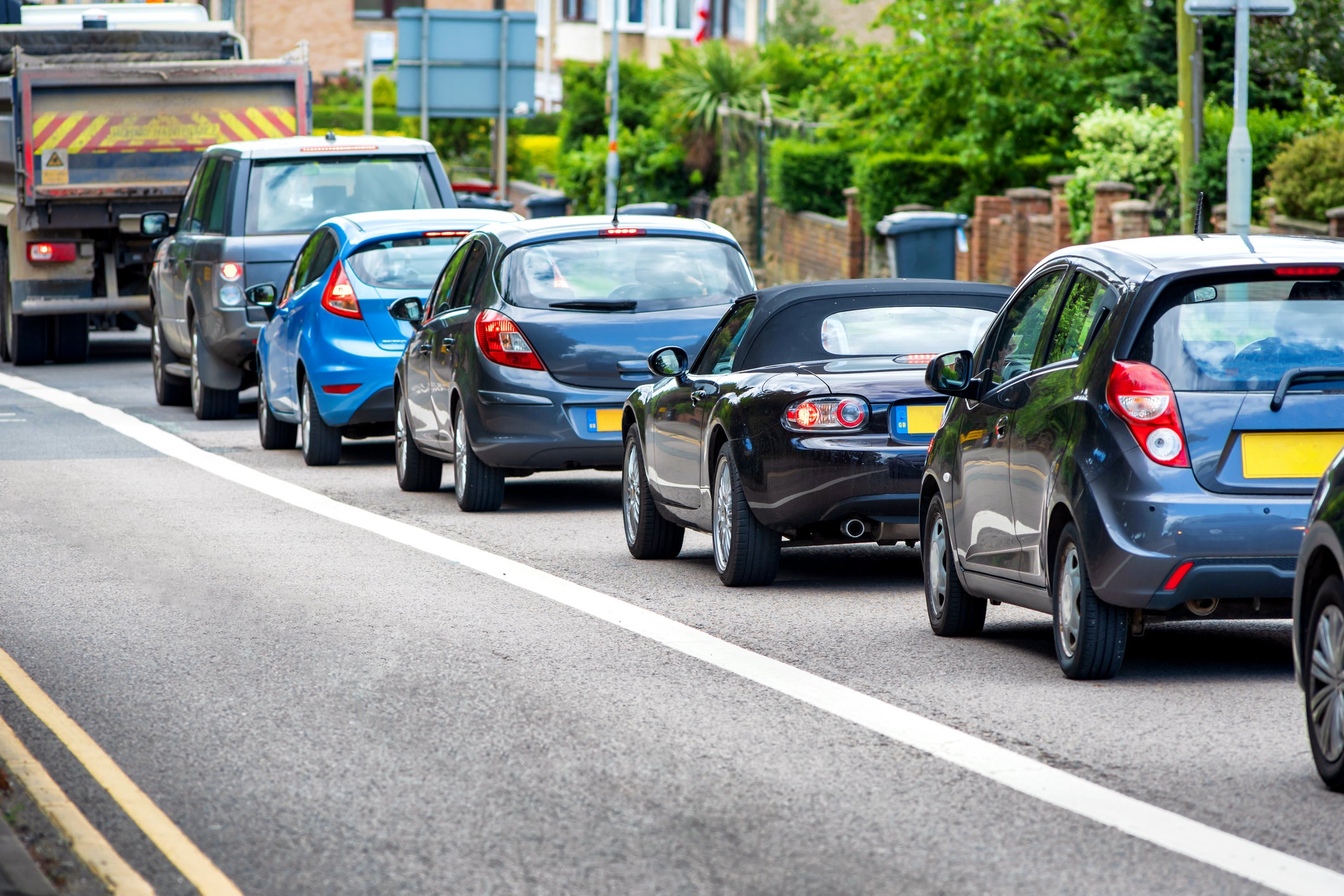Drivers are facing a steep rise in parking costs this year as cash-strapped local councils introduce new charges.
Around one in five councils have now brought in surcharges on petrol and diesel vehicles in their areas, enforcing them on car park tariffs and resident parking permits.
This includes two-thirds of London’s boroughs which are now charging vehicles variably according to fuel type. The extra levy is alongside the low-emission zone (LEZ) penalties which is in force in all of the capital’s 32 boroughs.
But in several of these boroughs, the vehicle criteria is actually more strict than the LEZ. For instance, Euro 6 vehicles, which are allowed within the LEZ, now face a clean air surcharge in many areas.
These rules vary between areas that have the surcharges in place, with some only enforcing the charge on diesel vehicles. More authorities are joining the list every year, with North East Somerset and East Sussex and Bath becoming the latest to introduce a new charge.
Councils say the charges help to tackle air pollution in their areas and encourages drivers to switch to less-polluting models. For instance, advice from Lambeth Council says its charge is designed to “reduce carbon dioxide emissions and improve air quality.”
But motoring groups and affected residents have criticised the schemes, arguing that they are more about boosting ailing council coffers than protecting the environment. Many have also been criticised for being unclear and improperly signposted, leading to drivers racking up hefty charges they were unaware of.
A spokesperson for the AA said: “A ‘charge’ reasonably covers the cost of providing a service, plus some profit. Anything above that is a ‘tax’, according to evidence submitted to parliament.”
“Tying emissions to the cost of parking is cash-guzzling by councils,” they told The Guardian.

MPs have previously questioned the introduction of surcharges based on factors that are related to a vehicle’s characteristics, rather than the cost to the council for the space. A transport committee hearing in 2009 concluded that councils could bring in discounts for clean vehicles, but adding extra charges to other vehicles should be considered a new tax.
But the practice of clean air surcharges has only taken hold in recent years alongside the rise of parking apps which are now routinely used by local councils. Opposed to a flat-rate paper ticket system, these apps require car park users to enter their vehicle registration number. The app can then extract details like its engine size and emissions rate through accessing DVLA records, selecting a rate to charge accordingly.
A Ministry for Housing, Communities and Local Government spokesperson said: “While councils are responsible for making their own decisions on these schemes, we are clear that they should carefully consider the financial impact on motorists.”







